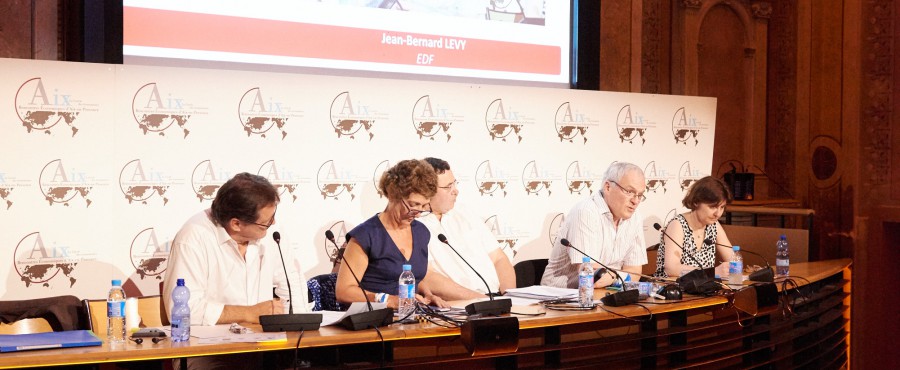4 Jul 2015
How to Reward Capital and Work in the 21st Century ?
Debate 4

In France and the United States alike, labour and capital have consistently shared added-value for a considerable amount of time. Yet, as a body of empirical studies have recently showed, beneath this overall stability actually lurk profound shifts within both of these production partners. When it comes to wages, highlevel compensation –salaries doled out to CEOs of major corporations– has been representing a larger share of added-value. On the other end of the spectrum lies minimum wage, which has indeed done its part to curb growing inequalities, but this is a false impression if the minimum wage neglects a portion of the working population –primarily young low-skilled workers– which, by design, do not help create any added-value and only indirectly reap its benefits through social welfare programmes. For people who have a job, the rising trend of mandatory withholdings on employment in France has caused a sort of disconnect between the secure portion of wages and the sense employees have of their buying power.
What is more, economic overhauls are leading many to seriously question how added-value is being shared. To begin with, the expansion of employee profitsharing schemes has a tendency to skew how labour and capital share risk while the distinction between wage-earning and capital for entrepreneurs in the new economy no longer exists. Then, the upsurge of intangible capital and monetary rewards for intellectual property is creating new obstacles to sharing added-value. Those who own intellectual property (or data) are hoarding an increased share of the sales returns through intra-group transfer pricing that is hard to control and they are inclined to keep their intellectual property in low-tax countries, which tends to distort the rationing of final earnings to the benefit of capital. Finally, the structure of jobs is being twisted as information technologies spread throughout the economy because they are shrinking the number of mid-level jobs, which favours high-skilled and low-skilled positions (this is the case at Amazon).






